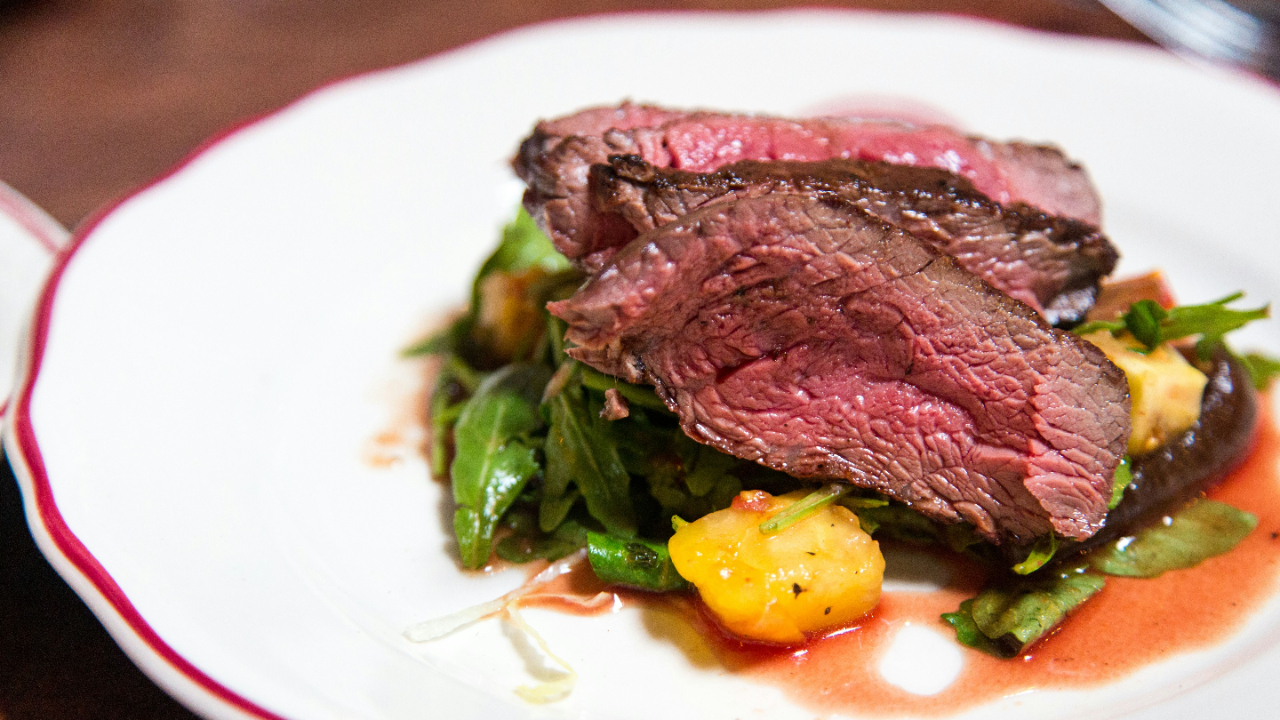Popping PPIs (Antacids), and Protein.
Jul 22, 2024
Antacids are one of the most common medications taken in the UK... Here Helena talks about some of the unspoken negative effects of popping these pills.
Whether you are a body builder or a plant based planet protester, everyone needs protein. You probably know that though. Protein is the major building block of the body, needed by every cell and system in the body, from infrastructure (bones, connective tissue, skin) to signalling (hormones) to manufacturing (enzymes for an infinite number of actions) to protection (immune system) to our very blueprint (DNA). You get the picture, protein is pretty significant.
What actually is protein though? Protein is a macromolecule (macro = big), meaning it is made up of lots of smaller parts, or amino acids (think a pearl necklace being the whole protein and each pearl being a different molecule called an amino acid). There are 20 different amino acids that the body needs for basic physiological function, and 9 of these cannot be made in the body so we must get them from our diet.
Animal sources of protein contain all 20 amino acids, and are known as ‘complete sources’ of protein because of it. Plant proteins, on the other hand, typically do not contain all of the essential amino acids and therefore plant based eaters must be careful to include all of the different types of amino acids in equal measure.
Digestion of proteins.
Whatever form of protein you choose, once you have put it on your plate, scrunched it onto your fork, perhaps given it a few chews, what happens next? Ideally, your body has seen the food coming and is preparing happily for a meal. Notably you might hear your stomach rumble, or feel your mouth salivating (this is called the ‘cephalic’ phase of digestion: no food has yet entered the body, but it is physically gearing up to receive a meal). What is also happening is your stomach starts producing stomach acid, or hydrochloric acid. Stomach acid is needed for the biochemical reaction of digesting proteins: before amino acids can be separated from their pearl necklaces, the necklace needs untangling. This is essentially the role of the stomach acid.
So how is this related to antacids? Well, antacids, whether they are your shop bought brand such as Gaviscon or Rennie, or prescribed by the GP, are a class of drugs known as PPIs. These act either by reducing the amount of acid that your stomach makes, or neutralising the acid that is made. This is great for reducing heart burn (which is nothing to do with the heart, but actually stomach acid creeping up the oesophagus/food pipe and giving that burning feeling in the heart area). But at the same time, because there is less acid, protein digestion can take a serious hit.
Short term that might not be a disaster, but long term... the body needs protein and it will do whatever it needs to make sure that it gets it. With nowhere else to turn, the muscles can act as the emergency reserve and as the body tucks into them, lean muscle mass is lost. Then opens the flood gate for all manner of possibilities beyond lack of strength... weak bones, weak immune defences, energy issues, blood sugar dysregulation.
The dark side of PPIs...
Then there is the consideration of what happens to these undigested proteins in the body: they are too big to be taken into the blood through the intestine wall, so they stay in the gut where they can be feasted on by the bacteria. While the bacteria must enjoy the treat, they can then produce harmful substances which can damage the gut: this might explain the undeniable link between increased colon cancer risk and chronic PPI use. But in addition to bowel cancer, long term PPI use is also related to osteoporosis, cardiovascular events, and dementia in the long term, and constipation, diarrhoea, fatigue, cramps, headaches and more in the short term.
So, what else can be done for heartburn? I am not a sadist, I do not want my dear clients living with the pain of reflux! Here are a few pointers to try out:
- Eat slowly: Eating slowly can make sure that you don’t overeat, which can be a factor in pushing stomach acid up the oesophagus
- Chew your food: chewing your food starts off the digestive process, and can make it easier for the stomach acid to act on. Also, chewing your food coats it in saliva, which is actually an acid buffer and may neutralise excess stomach acid naturally.
- Experiment with avoiding triggering foods: spicy food, tomatoes, garlic and onions can trigger reflux: experiment with reducing these foods.
- Watch what you drink: coffee, tea alcohol can make reflux worse, so experiment with avoiding coffee and tea at meal times, and limiting alcohol intake to 1 unit.
- Avoid carbonated beverages: fizzy drinks (other than sparkling water) are out by my book mostly on account of their horrific sugar and/or sweetener content, but drinking carbonated drinks can lead to burping, which may increase reflux.
- Give your stomach a helping hand with some apple cider vinegar: taking a teaspoon of apple cider vinegar in water before starting a meal can help trigger stomach acid and digestive enzyme production. It might sound strange, but reflux can sometimes be triggered by too little acid in the stomach, so it might be worth trying out.
- Finish your meal with a herbal tea: there may be some herbs which help with reflux, such as liquorice, ginger and fennel.
Sign up to the Nourish&Be Newsletter
Stay up to date on blogs, events, recipes and more...
You won't receive any spam and you can unsubscribe at any time.

